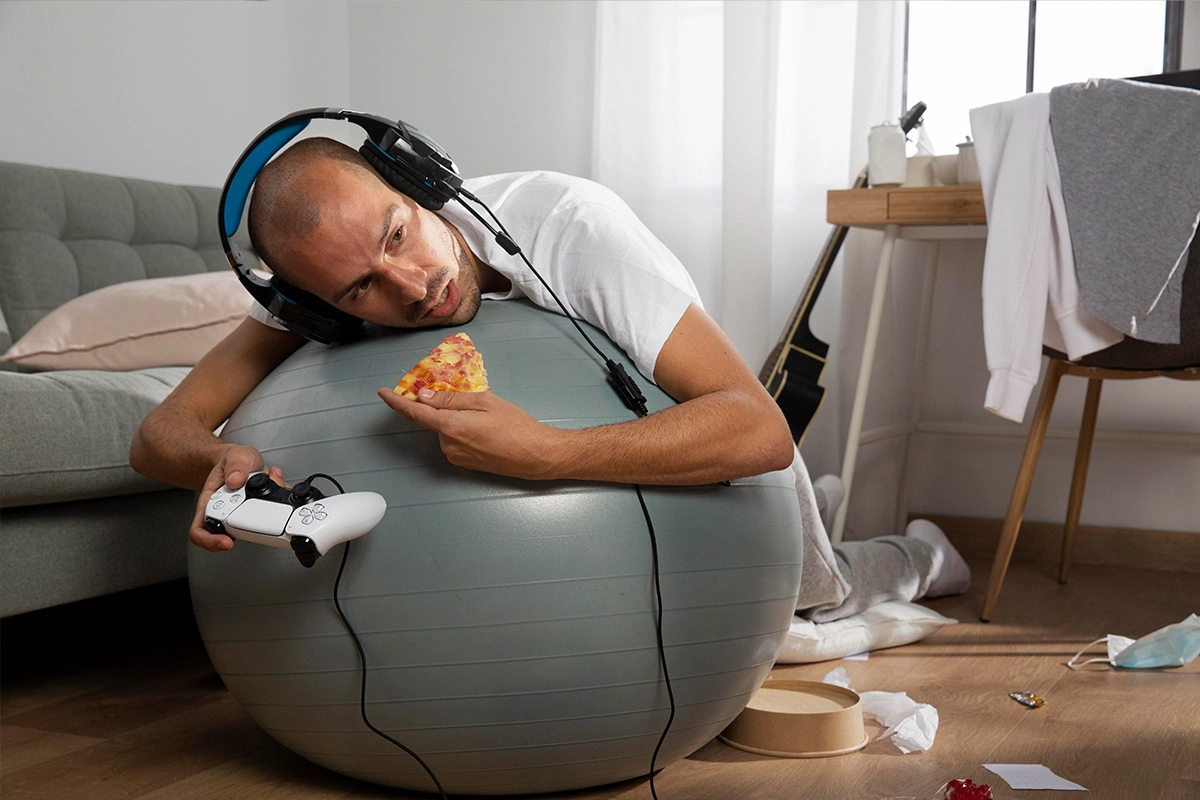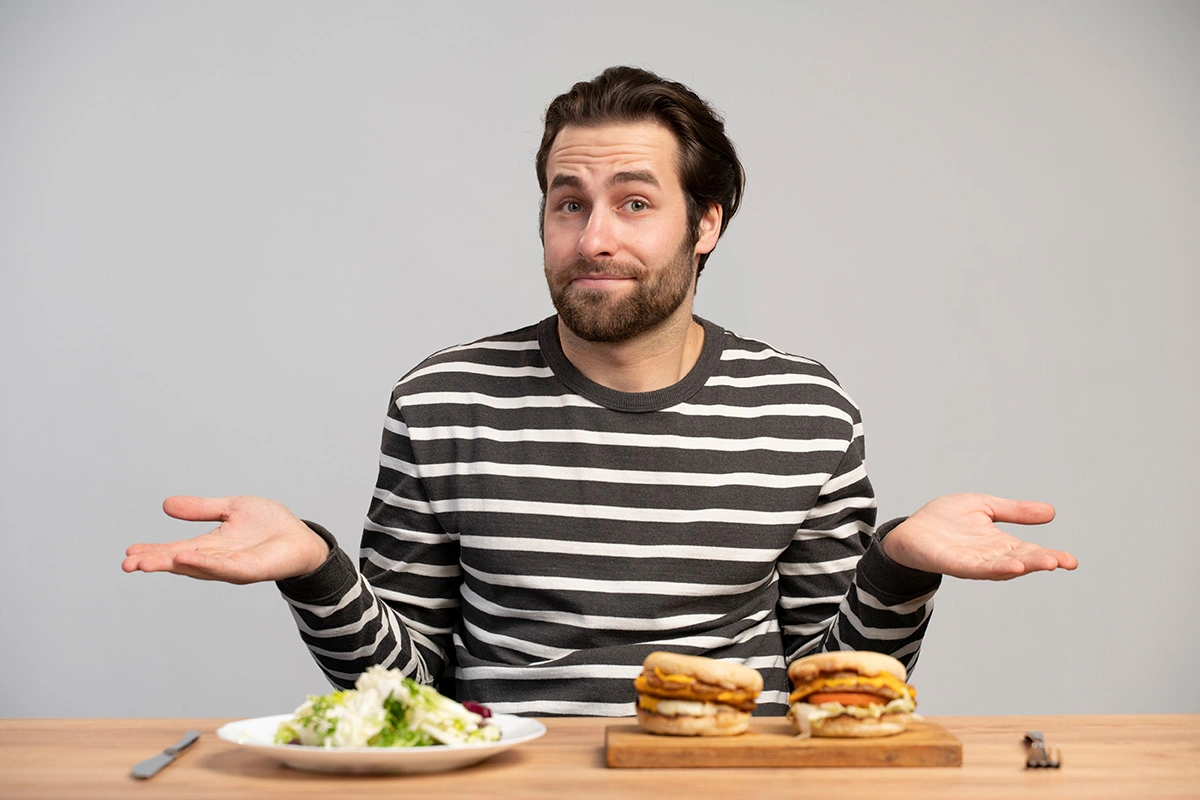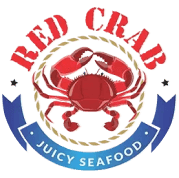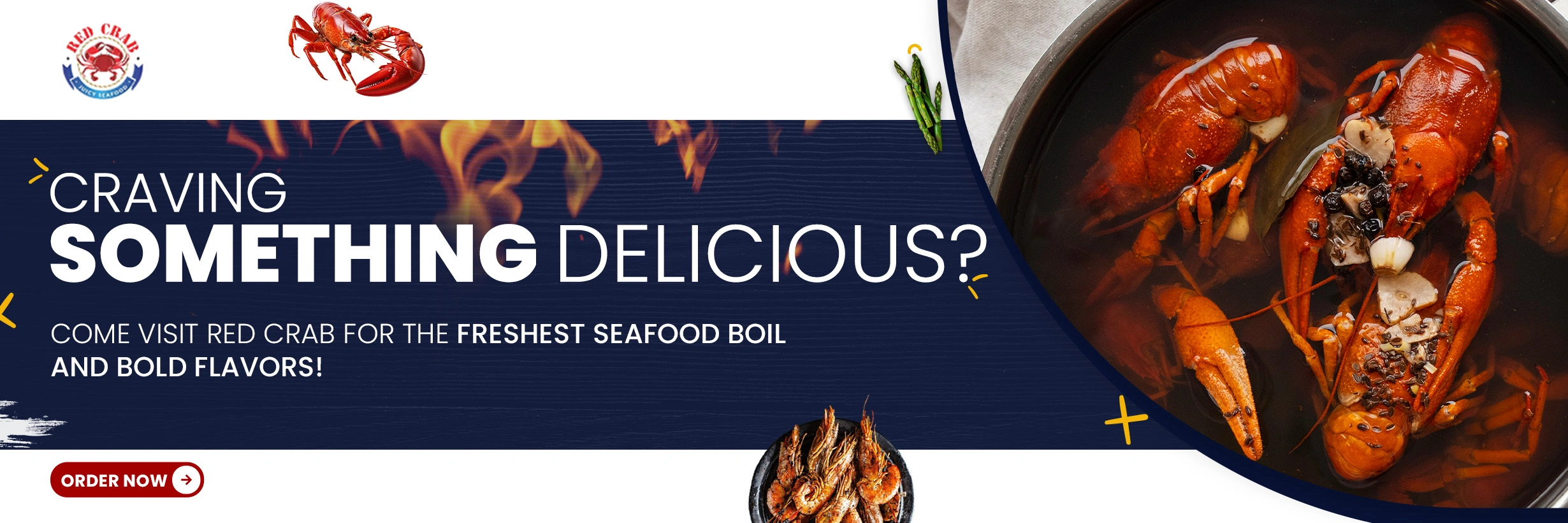Food Cravings
We all know the feeling. One moment you are fine, and the next, you want chocolate, chips, seafood, or ice cream so badly it hurts. Food cravings happen to everyone, and they can feel strong and confusing. You are not alone, and there are real reasons why food cravings happen. In this blog, we will look at food cravings in a simple way to help you understand your body and your mind.
Table of Contents
Sometimes cravings are just a way for your body to say it needs something. Other times, they are caused by emotions or habits. You might want a snack even when you’re not hungry. This can make you feel frustrated or confused. Knowing why you have food cravings can help you deal with them in a healthy way.
What Food Cravings Mean and Why You Have Them
Food cravings are a strong desire to eat a certain type of food. They often come suddenly and can feel hard to control. But what are cravings really? Some people believe food cravings mean the body is missing something, like a vitamin or mineral. This is where the cravings and deficiencies chart can help. Other times, food cravings have nothing to do with what your body needs. You might want salty chips just because you saw an ad or smelled someone else eating them. These cravings come from the brain, not the body.
That’s why it’s important to learn what causes food cravings so you can understand them better. Food cravings can also be influenced by routine. For example, if you always eat chocolate after dinner, your brain starts to expect it. This learned behavior becomes a craving, even if you’re full. Over time, habits are known to shape eating patterns.


The Psychology behind Food Cravings
The mind plays a big role in food cravings. The psychology food craving meaning is this: our brain connects food with feelings. When you eat something tasty, your brain releases happy chemicals. That makes you want that food again, especially during stress, sadness, or boredom. Cravings are often a psychological desire for food, not real hunger. That’s why you might ask, “Why am I craving food so much?” when you’re not really hungry.
The brain remembers how good food made you feel before, so it wants that feeling again. Understanding this helps you know when to eat and when to pause. Also, some food cravings are connected to memories. You may crave cookies that remind you of your childhood or a soup your grandma made. These psychological cravings can feel very strong because they carry comfort and emotion.
What Causes Food Cravings and Its Types?
Many things can cause food cravings. These include emotions, habits, memories, stress, hormones, and even food ads. Certain smells and sights can trigger cravings too. Knowing what causes cravings can help you respond in better ways.
Food cravings come in different types. There are physical cravings, emotional cravings, and psychological cravings. Each one is a little different. Knowing the difference can help you choose the right way to handle them. Let’s look at each type.
Sometimes the type of craving can also hint at gender-specific beliefs during pregnancy—such as girl cravings linked with sweets or boy cravings linked with salty foods. These may not be scientific, but they show how cravings can reflect deeper expectations and emotions.
Physical Craving
A physical craving happens when your body needs something. This can be food, water, or a nutrient. For example, if you are low in iron, you might crave red meat. If you are low in magnesium, you may want chocolate. A cravings chart or cravings and deficiencies chart can help you see which nutrients are linking to certain food cravings.
Physical cravings often come with real hunger signs like a growling stomach or low energy. These cravings make sense because your body is missing something. It is a signal that something is needed.


Emotional Craving
Emotional cravings are linked to feelings. You may want comfort food when you feel sad, bored, or stressed. People often eat sweets, chips, or ice cream in these moments. Emotional eating does not fix the problem, but it can make you feel better for a short time.
Later, you might feel guilty or worse. Emotional cravings do not come from hunger, but from the need to feel good. These cravings are hard to fight because they are tied to your emotions, not your stomach.
Psychological Craving
A psychological craving is when your brain remembers something good and wants it again. You might not be hungry, but you see a food and want it. This is because your brain remembers the joy it brought before.
This type of craving is often caused by ads, food smells, or memories. You might walk past a bakery and suddenly want a cookie. Even if you just ate lunch, your brain can trick you into thinking you need it. This is a psychological craving.

What Do Food Cravings Have to Do with Pregnancy?
Food cravings are extremely common during pregnancy. They are often stronger and more frequent because the body goes through many changes. Hormones rise and shift, blood volume increases, and the growing baby needs nutrients. All of this can trigger cravings for specific foods like pickles, chocolate, ice cream, seafood boil, or spicy snacks.
Some people notice patterns between cravings and the baby’s gender. For example, strong cravings for sweet foods like chocolate or fruit are often girl cravings, while cravings for salty or protein-rich foods like meat and cheese are often boy cravings. These are popular beliefs but science does not prove them, yet many pregnant women find them fun to track.
Whether you experience girl cravings or boy cravings, it’s important to focus on getting enough nutrients when pregnant. Craving red meat may mean your body needs more iron and seafood like oysters, mussels, and lobster are a great substitute if you do not feel like eating red meat. Moreover, craving dairy might show a need for calcium. Thus, listen to your body but make sure you’re eating balanced meals. If you are craving non-food items like ice, dirt, or soap, then it can be a condition that goes by the name “pica” and you should talk to your doctor immediately.

Food Cravings and Their Link to Nutritional Deficiencies
Food cravings can sometimes point to missing nutrients. For example, craving salty foods might mean your body needs more sodium. Craving chocolate might mean your body needs magnesium. The cravings and deficiencies chart shows how different cravings may match with what the body lacks.
Some women report strong girl cravings for fruits and sweets during early pregnancy, which could be linked to the body’s need for quick energy and vitamin C. Others report boy cravings like red meat or cheese, which may relate to iron and calcium needs. While these connections are fun to explore, it’s best to check with a doctor if your cravings are strong or strange.
Sometimes the craving is not a direct sign, but a hint. If you always crave ice, it might be linked to low iron. If you crave dairy, maybe your body needs more calcium. It’s not always exact, but it helps to look at the possible link.
Why Food Cravings Happen When You’re Food Deprived?
When your body doesn’t get enough food, cravings can grow stronger. Being food deprived makes the body panic a little. It wants to get energy fast, and the brain sends out intense cravings for sugar, fat, and carbs.
Skipping meals, dieting too hard, or not eating enough can all lead to cravings. The body wants balance, and when it doesn’t get what it needs, it asks in a loud way. That’s when cravings feel the strongest. This is also why healthy meals and snacks are so important.
Also, being food deprived can increase emotional stress, which leads to emotional cravings. If you’ve ever had a stressful day and skipped lunch, then found yourself eating a whole bag of chips at night, you’ve felt this effect. This can also relate to strong cravings during pregnancy or hormonal changes.

frequently asked questions
How can I tell the difference between real hunger and a psychological desire for food?
Real hunger builds slowly and includes signs like a growling stomach, low energy, or feeling light-headed. Psychological cravings come suddenly and are often for a specific food. If you’re craving only chips or candy, it might be emotional or mental, not real hunger.
What causes intense food cravings at night?
Intense cravings at night can come from not eating enough during the day, stress, or tiredness. When your body and brain are low on energy, they ask for quick fixes like sugar or snacks. This is common and easy to manage by eating regular meals and getting enough rest.
Are food cravings normal during certain times of the month?
Many women have food cravings before or during their period. Hormone changes can affect hunger and emotions. This can lead to cravings, especially for sweets or salty foods. It’s normal and usually goes away after a few days.
Can food cravings be a sign of an emotional or psychological issue?
Constant cravings for comfort food, eating when sad or stressed, or feeling out of control around food can be signs of emotional issues. Talking to a doctor or counselor can help if cravings feel too strong or upsetting.
Conclusion
Food cravings are a normal part of life. They can be physical, emotional, or psychological. Sometimes they mean your body needs something. Other times, they come from your mind or emotions. Knowing the cause helps you handle them better.
You don’t have to feel guilty about cravings. Understanding what causes food cravings is the first step to managing them. Eat balanced meals, take care of your feelings, and be kind to yourself. And next time you ask, “Why am I craving food so much?” you might have a better answer.
If you’re looking for tasty options and you’re craving something different, try searching for seafood near me or checking out a new seafood menu to satisfy that craving in a healthy way.


